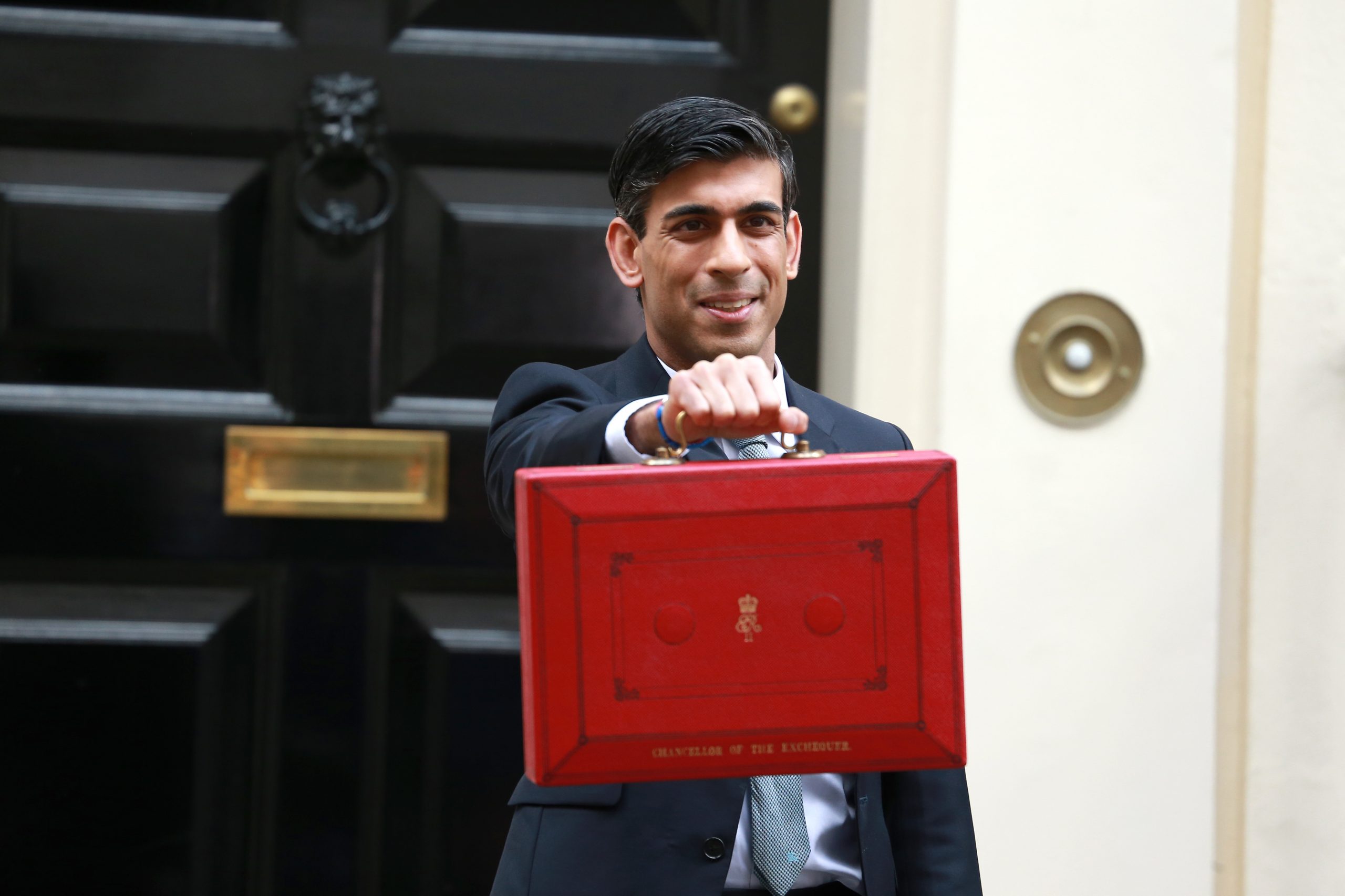 The Budget Statement confirmed that previously announced benefit-in-kind tax rates for 2020/21, 2021/22 and 2022/23 would be implemented as planned and that rates for 2023/24 and 2024/25 would be frozen at 2022/23 rates.
The Budget Statement confirmed that previously announced benefit-in-kind tax rates for 2020/21, 2021/22 and 2022/23 would be implemented as planned and that rates for 2023/24 and 2024/25 would be frozen at 2022/23 rates.
Caroline Sandall, chairman of fleet operators’ organisation ACFO, said: “The freeze in company car benefit-in-kind tax rates for 2023/24 and 2024/25 at 2022/23 levels could provide a significant boost in demand for what remains one of the nation’s favourite employee benefits.
“Company car demand has been hit in recent years by year-on-year increases in benefit-in-kind tax and long-term rate uncertainty. However, the fact that rates are now known for the next five financial years – a full vehicle replacement cycle – gives planning confidence to both fleet decision-makers and company car drivers.”
It was a view shared by Paul Hollick, chairman of fleet industry training organisation ICFM, who said: “With company car benefit-in-kind tax rates now known for a full five-year vehicle cycle, which is the norm for some organisations, the Budget could herald a resurgence of the company car. That’s because many drivers’ decision to opt out of a ‘favourite’ employee perk was driven by tax uncertainty.”
While Gerry Keaney, chief executive of the British Vehicle Rental and Leasing Association, said: “Having a roadmap for the future of company car tax up to 2025 removes the uncertainty that we know stifles business decisions.”